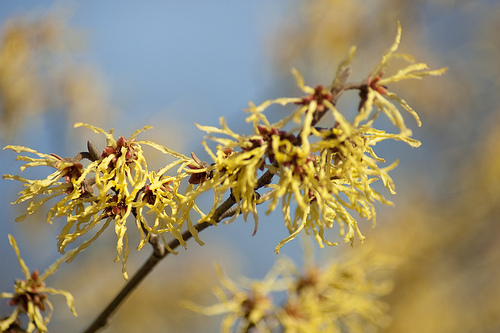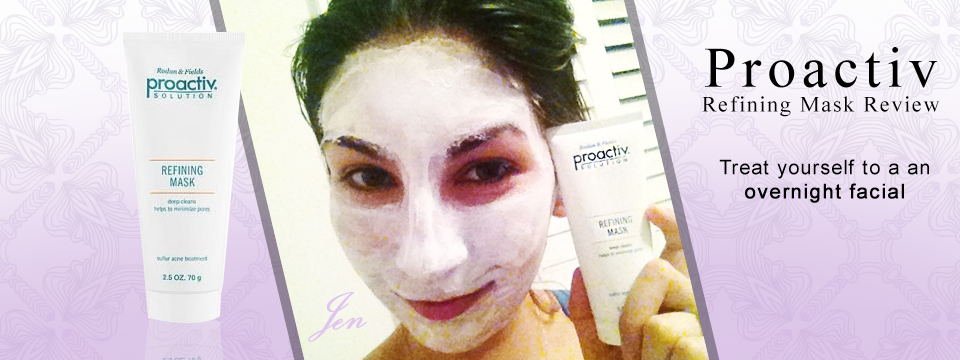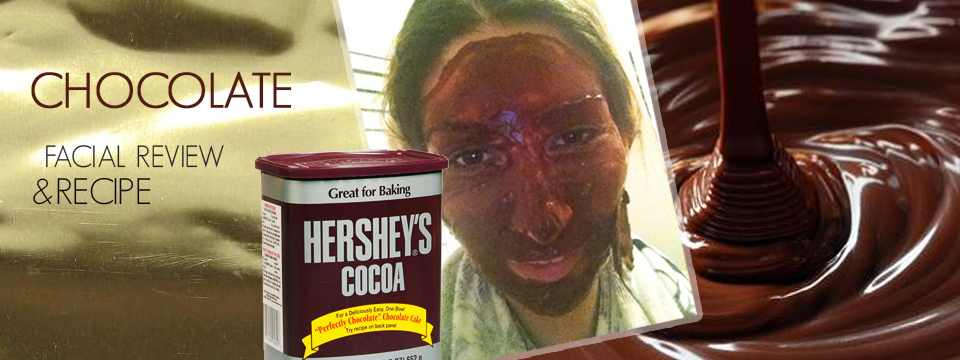A natural remedy passed down through generations, witch hazel has been touted for its many benefits, particularly for the skin. But, as we embrace a world that is continuously blending science and nature, there emerges an essential question: Does witch hazel build collagen? In this comprehensive article, we’ll explore the intricacies of witch hazel, its effects on collagen, and much more. So, buckle up and embark on this illuminating journey with us.
Does Witch Hazel Build Collagen?
Ah, the age-old question! Well, to cut straight to the chase, current scientific literature doesn’t provide any concrete evidence that witch hazel directly promotes collagen production. But hold on, don’t be disheartened. Let’s delve deeper into the world of witch hazel and how it influences skin health.
Origins of Witch Hazel
A Glimpse into History
Long before modern cosmetics took the world by storm, Native Americans were using witch hazel for various medicinal purposes. This versatile plant has roots (quite literally!) in natural healing and skin care traditions.
Extraction and Use
Typically, witch hazel is obtained from the bark and leaves of the Hamamelis virginiana plant. The extraction yields a liquid commonly referred to as witch hazel water. It’s this liquid that holds the magic we often hear about.
Benefits of Witch Hazel for the Skin
Anti-inflammatory Properties
One of the standout features of witch hazel is its ability to reduce inflammation. Whether you’re battling acne, sunburn, or even bug bites, this natural wonder can come to the rescue.
Pore Tightening and Toning
Those seeking pore perfection, rejoice! Witch hazel acts as a natural astringent, helping tighten the skin and make those pesky pores less noticeable.
Natural Moisturizing Capabilities
Contrary to what you might think, witch hazel can be rather hydrating. Its humectant properties help retain moisture, keeping your skin looking fresh and youthful.
Collagen: The Cornerstone of Youthful Skin
Understanding Collagen
Often deemed the ‘building block’ of the skin, collagen is a protein that provides strength, elasticity, and structure. As we age, collagen production dwindles, leading to wrinkles and sagging.
Factors Affecting Collagen Production
From sun exposure to poor diets and stress, various factors can hamper collagen production. Thankfully, certain habits and ingredients can counteract this and promote collagen synthesis.
Linking Witch Hazel and Collagen Production
Direct vs. Indirect Effects
While witch hazel may not boost collagen directly, its skin-loving properties might indirectly aid in preserving collagen. By tackling inflammation and damage, witch hazel could, in theory, safeguard our collagen stores.
Antioxidant Power
Witch hazel’s antioxidant properties fend off free radicals – nasty culprits that contribute to collagen degradation. In that sense, it’s not about building collagen, but preserving what we have.
Expert Opinions on Witch Hazel and Collagen
Dermatologist’s Take
Renowned dermatologists often lean on science. And as of now, science doesn’t firmly place witch hazel in the collagen-boosting category. However, its other skin benefits are undeniable.
Herbalist’s Perspective
Herbalists, on the other hand, see more than just the tangible. While they acknowledge the lack of direct evidence linking witch hazel to collagen production, they value its holistic impact on skin health.
FAQs
What is collagen, and why is it crucial for our skin?
Collagen is a vital protein in our body, responsible for skin elasticity and strength. It plays a pivotal role in keeping our skin looking youthful.
How does witch hazel benefit the skin?
Witch hazel is known for its anti-inflammatory, pore-tightening, toning, and moisturizing properties.
Are there any side effects of using witch hazel on the skin?
Though generally considered safe, some people might experience allergic reactions. It’s always wise to patch-test before fully incorporating it into your routine.
Can witch hazel replace my regular toner?
Absolutely! With its astringent properties, witch hazel can be an excellent natural alternative to many commercial toners.
If not witch hazel, what can boost collagen?
Several ingredients, like retinoids, vitamin C, and peptides, are known to promote collagen production.
Is there a specific way to apply witch hazel for best results?
Using a cotton pad to apply witch hazel to cleansed skin is often recommended. However, always follow product-specific guidelines.
Conclusion
The realm of natural skincare is vast, and while witch hazel may not directly boost collagen, its myriad benefits make it a worthy addition to our routines. In the quest for youthful skin, it’s crucial to remember that no single ingredient is a panacea. It’s the holistic approach, incorporating good habits, nutrition, and effective products, that truly makes a difference. So, while we might not have a definitive “yes” to “Does witch hazel build collagen?”, we have gained a broader understanding of its role in skin health. Embrace the magic of witch hazel, but also keep exploring, for the world of skincare is vast and ever-evolving.



